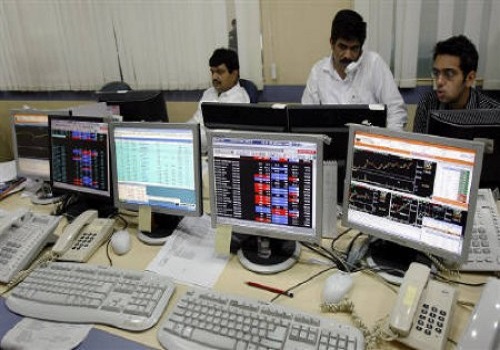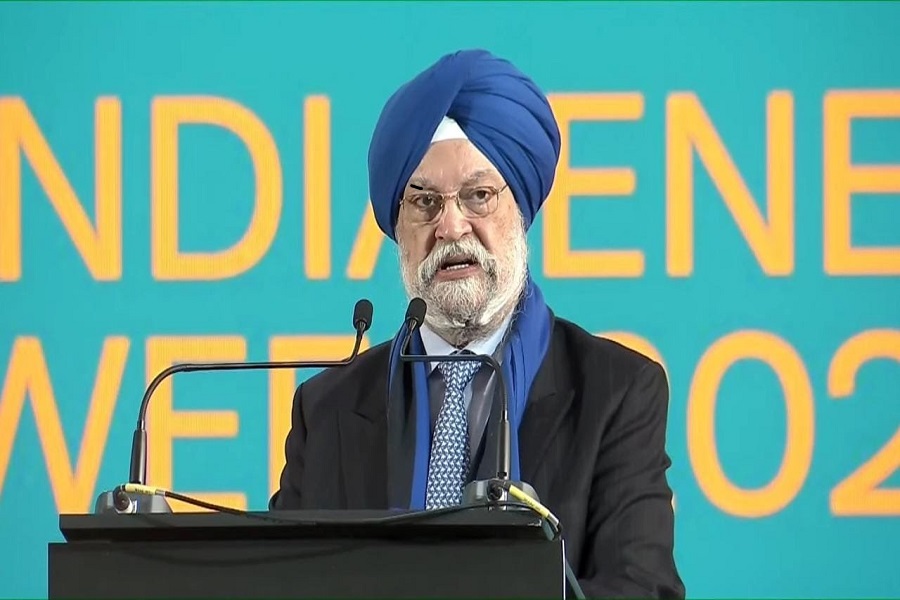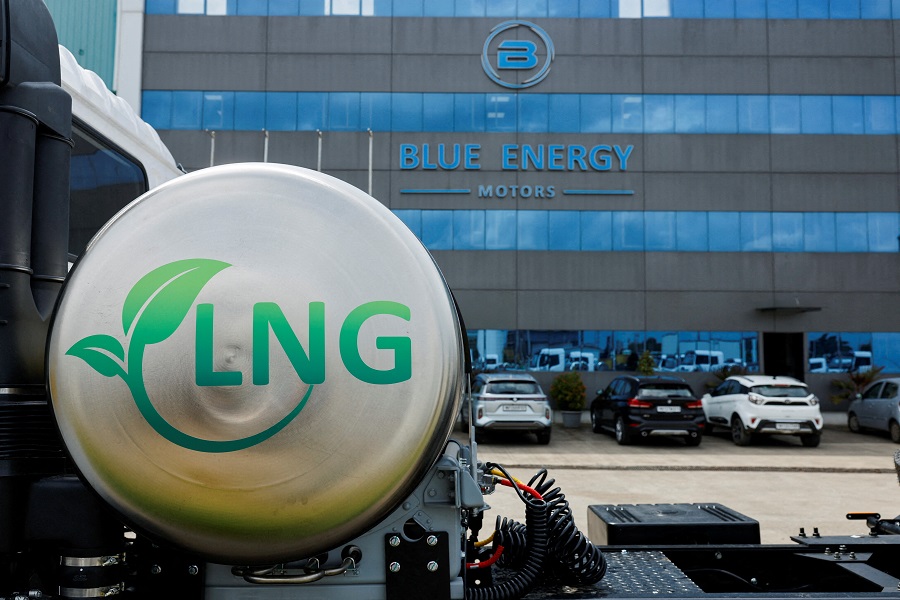India projected to see 7.1 pc workforce growth in FY25 second half

India will see a promising 7.1 per cent net employment growth rate in the second half of FY25, according to a report on Monday.
The report by TeamLease Services, a people supply chain company, showed that the job growth rate in the country has surged from 6.33 per cent in the previous half-year, and reflects the collective outlook of 59 per cent of employers planning workforce expansion. An additional 22 per cent are also maintaining their current staffing levels, even as 19 per cent foresee reductions, it said.
Based on data from October 2024 to March 2025, the findings reveal a dynamic hiring landscape where industry-specific demands and macroeconomic factors significantly shape employment trends.
Further, the report showed that sectors such as logistics, electric vehicle (EV) and EV infrastructure, agriculture and agrochemicals, and e-commerce, which are heavily investing in infrastructural and technological advancements are driving the growth.
Emerging geographic shifts in job creation, with newer cities increasingly are also attracting talent. Locations like Coimbatore (24.6 per cent) and Gurgaon (22.6 per cent) are becoming job hubs, representing a decentralisation of employment opportunities beyond traditional metros.
While Bengaluru (53.1 per cent), Mumbai (50.2 per cent), and Hyderabad (48.2 per cent) remain central employment anchors with high workforce demand, the demand in cities like Coimbatore, Gurgaon, Jaipur, Lucknow, and Nagpur signals a broader spread of job growth across India, reinforcing the appeal of smaller cities as viable alternatives for job seekers and companies alike.
“The employment landscape is increasingly shaped by technology and policy-driven shifts. Our latest findings underscore the diversity in job growth across India, from established urban hubs to emerging cities, and reveal a workforce that is evolving rapidly to meet demands in sectors like logistics, EV, and tech startups,” said Kartik Narayan, CEO of TeamLease Staffing.
“As companies embrace flexible staffing models, digital skillsets such as problem-solving, critical thinking, and cloud technology are not only in demand but essential for maintaining a competitive edge in today’s economy,” he added.
The report showed that companies are not only looking to fill roles but are seeking specific skills that align with today’s operational and technological needs.
New jobs for competencies such as problem-solving (35.3 per cent), time management (30.4 per cent), and after-sales service (28.4 per cent) are becoming critical, while existing jobs with competencies like communication (57.8 per cent), sales and marketing (44.6 per cent), and critical thinking (37.3 per cent) remain essential.
An upsurge in technology adoption across industries further supports this focus on productivity. A notable 59 per cent of companies are prioritising cloud-based solutions to facilitate remote and hybrid work models, illustrating a shift toward flexible work environments.
The BFSI, FinTech, and Power and Energy sectors are undergoing targeted expansion driven by AI integration, regulatory requirements, renewable energy roles, and digital financial inclusion.
“Furthermore, our government’s infrastructure investments and initiatives like the Semiconductor Mission are not just creating jobs but establishing India as a global leader in high-tech manufacturing. By aligning talent acquisition strategies with these trends, companies are poised to sustainably support India’s growth trajectory,” Narayan said.

.jpg)


.jpg)















